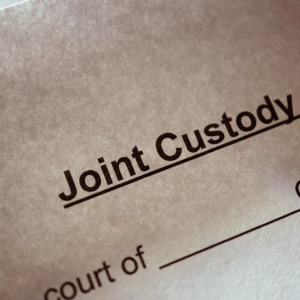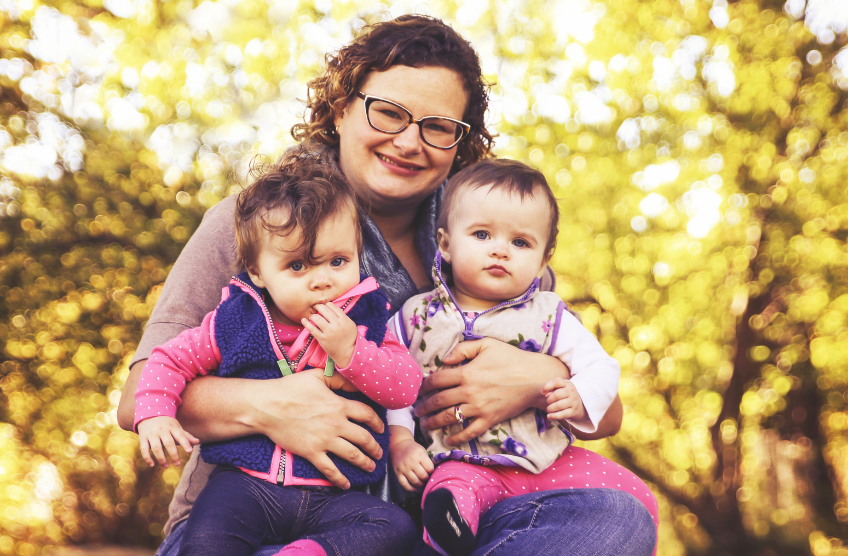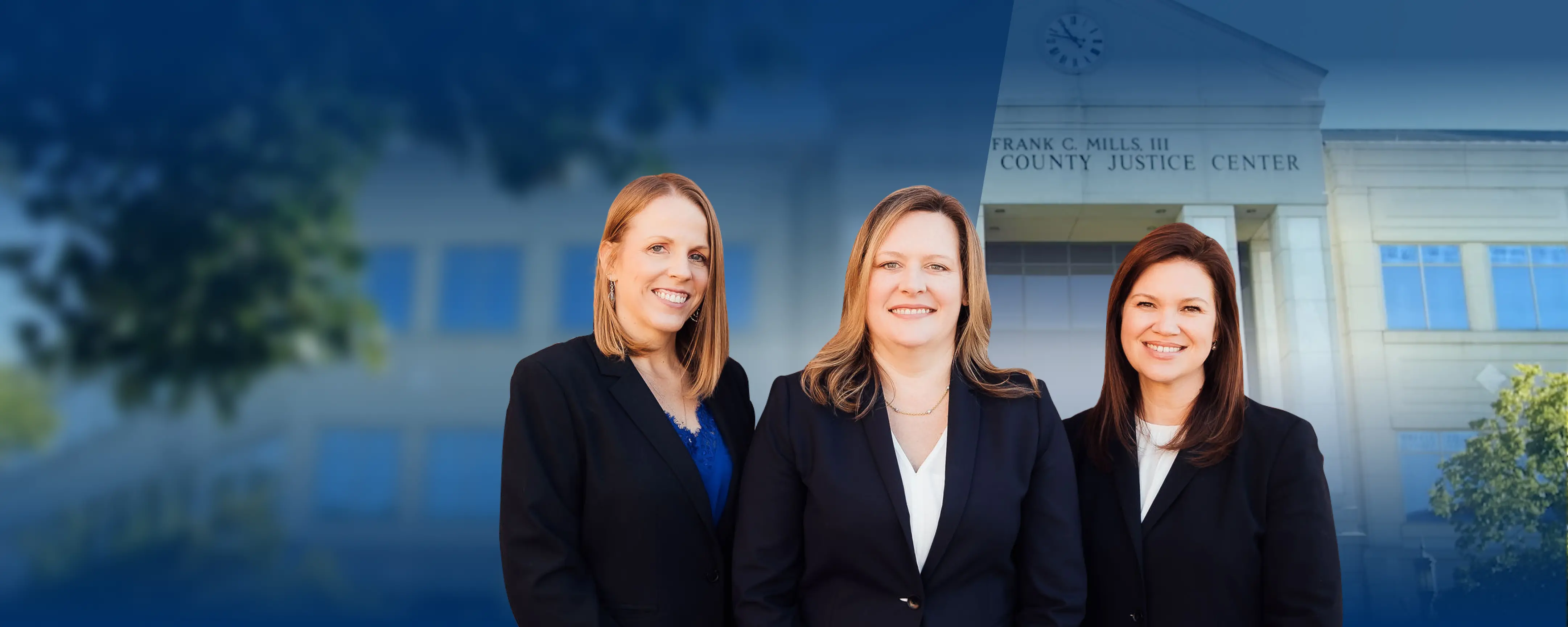
If you’re in the midst of a divorce in Georgia and you have kids, you probably have a number of urgent concerns about what your life with them will look like after the divorce—such as who will have primary parenting responsibilities, how often you and your spouse will see the kids, what visitation will look like, and who gets final say on crucial parenting decisions.
All of those matters are spelled out in your parenting plan, which is determined as part of your divorce process. Joint legal custody is the norm in Georgia, but joint physical custody is rare.
Here’s an overview of what this means.

Your Parenting Plan
According to state law in Georgia, your physical and legal custody arrangement will be based on your parenting plan.
This is a plan that describes how you and your ex will work together to raise your child, including how you’ll handle transportation arrangements, holidays and special occasions, school breaks, extracurricular activities, and major parenting decisions.
If you and your ex are able to agree, you can develop the parenting plan together. As long as the parenting plan provides for the best interests of the child, the judge will generally honor this plan.
If you can’t agree, however, you and your ex will both turn in competing plans before your first hearing. The judge may pick the plan that seems to suit the child’s needs best, or combine the two plans.
Physical vs. Legal Custody
There are two types of custody: legal and physical custody.
Physical custody refers to where the child lives and how much time they spend with each parent.
Generally, courts in Georgia are reluctant to assign joint physical custody—where the child spends equal time with each parent. That’s because in practice, joint physical custody can be difficult to maintain and less stable and predictable for the child.
In general, the courts tend to prefer to assign primary physical custody to one parent, and secondary status to the other. The exact specifications of visitation will be worked out in your parenting plan.
Legal custody refers to the legal right to have final decision-making authority regarding the child’s parenting. This is treated separately from physical custody in Georgia.

In general, courts in Georgia prefer to assign joint legal custody, so both parents get equal say on major parenting decisions regarding the child’s upbringing.
“Major decisions” refer to four very specific things, by the way: the child’s religious upbringing, medical care, extracurricular activities, and education.
Most joint legal custody agreements require that parents share decision-making authority in these areas, but if the parents cannot agree, the final authority will be assigned to the custodial parent.
This doesn’t mean that the custodial parent gets to make the decision alone, however—they still have to talk the issue over with the other parent.
Sole Custody
“Sole custody” refers to both legal custody and physical custody. When one parent is assigned sole custody, they get all legal decision-making rights and are also the primary physical custodian.
In Georgia, the courts will only assign sole child custody in extreme cases when there is an overriding reason. Some situations where sole custody may be assigned to one parent include:
- When one parent has addiction issues
- When one parent has been found to be physically or sexually abusive
- When one parent’s behavior has been found to put the child in danger
While sole custody does mean that the custodial parent gets all decision-making authority and custodial rights, it doesn’t mean the non-custodial parent gets no opportunity to spend time with the child. Some limited parenting time may be possible for them, depending on the situation.
And even if sole custody and decision-making authority was assigned to one parent, the other may still be obligated to pay child support.

Common Questions About Joint Custody
We receive a number of questions about joint custody in Georgia and how child custody laws work. Here are answers to some of the most common questions we hear in a custody case.
- Is Anyone Obligated to Pay Child Support If Parents Have Joint Custody?
Each custody agreement is different and depends on the parent or guardian situation and what is best for the child. However, even when physical custody is close to equal, it’s common for one parent to pay child support to the other.
That’s because child custody payments are determined based on income, not on time spent with the child. If one parent makes more money than the other, that parent will most likely wind up paying at least some child support to the lesser-earning spouse.
- Can I Prevent My Ex From Seeing The Child If They Are Behind On Child Support?
Each parent has the legal right to see the child and develop a parent-child relationship. Visitation rights are treated separately from child custody and one is not dependent on the other under Georgia child custody laws.
That said, the courts take child custody issues very seriously, and there are penalties for a spouse who does not pay child support. You may have recourse in court if your ex is not paying what they’re required to according to their child support order.
If you find yourself in this situation, your lawyer should be able to advise you regarding the next steps.
- Can My Child Pick Which Parent to Live With?
Under Georgia custody laws, when your child is 14, they are allowed to choose which parent or guardian to live with—with some caveats.
The court’s priority is always the best interest of the child. If there is a compelling reason that living with one parent or guardian is not in the child’s best interest, physical custody may be assigned to the other parent regardless of the child’s wishes.
And the parent who wasn’t chosen has the right to argue in court that the child’s choice isn’t in their best interest.
Questions About Child Custody? Talk to A Family Law Attorney
If you’re considering divorce and children are in the mix, you’ll most likely need the help of a qualified child custody attorney.
Divorces involving child custody can be challenging—involving strong emotions on all sides. A knowledgeable child custody attorney can help you protect your rights in court and ensure the best outcome possible, for you and your child alike.
Call us at (770) 479-1500 for a confidential consultation today.







